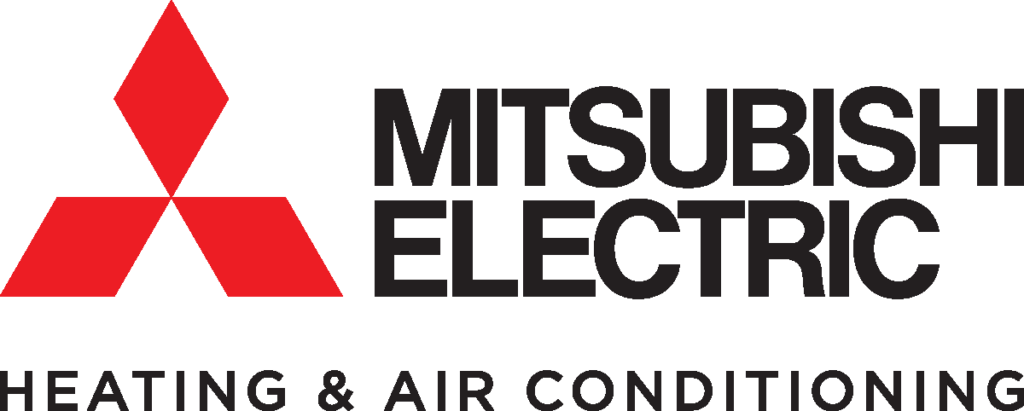Heat pumps have increasingly become a popular heating and cooling solution for many homeowners, thanks to their energy efficiency, cost-effectiveness, and versatility. These innovative systems have the unique ability to both heat and cool your home, making them an all-in-one solution for many climates. Understanding how heat pumps work, their benefits, and the importance of proper maintenance is crucial in determining if a heat pump is the ideal choice for you. We’ll discuss the ins and outs of heat pumps, offer valuable insights into their functionality, and provide detailed information on proper care and maintenance. Furthermore, we’ll explore how our team of professionals can assist with all of your heat pump needs, from installation and repairs to ongoing maintenance and support.
The Benefits of Installing a Heat Pump in Your Home
Heat pumps offer numerous advantages for homeowners seeking an efficient and versatile heating and cooling solution. Here are some of the key benefits of installing a heat pump in your home:
1. Energy Efficiency: One of the most significant benefits of heat pumps is their energy efficiency. By transferring heat rather than generating it, heat pumps consume less energy compared to traditional HVAC systems, potentially reducing your energy bills and contributing to a greener environment.
2. Heating and Cooling Capabilities: Heat pumps provide both heating and cooling, giving you a versatile, all-in-one solution to maintain a comfortable temperature in your home year-round. This simplifies your home comfort system and can save valuable space in your home.
3. Cost-Effectiveness: Heat pumps can be more cost-effective in the long run compared to traditional furnaces and air conditioners. Initial costs may be higher, but the energy savings and lower maintenance costs often offset the investment over time.
4. Safety and Air Quality: Heat pumps do not rely on combustion, which means there is no risk of carbon monoxide leakage or emissions. Additionally, heat pumps can help maintain consistent humidity levels, improving indoor air quality and overall comfort.
Selecting the Right Heat Pump for Your Home
When considering a heat pump for your home, it’s important to choose the right system that suits your specific needs. Factors to consider include:
1. Size and Capacity: Selecting the appropriate size and capacity of your heat pump is essential for optimal performance and energy efficiency. Our professionals can assess your home’s heating and cooling needs and recommend a suitable system for your specific requirements.
2. Type of Heat Pump: There are different types of heat pumps available, such as air-source, ground-source, and mini-split systems. Each type has its own advantages, drawbacks, and optimal applications. Our team can help you determine the ideal choice for your home’s unique needs.
3. Energy Efficiency Ratings: Look for heat pumps with high efficiency ratings, represented by their SEER (Seasonal Energy Efficiency Ratio) and HSPF (Heating Seasonal Performance Factor) numbers. This ensures the system provides maximum energy savings, translating to lower utility bills and environmental impact.
4. Additional Features: Consider features such as variable speed compressors, desuperheaters, or advanced thermostats when selecting a heat pump. These features can contribute to greater energy efficiency, comfort, and convenience.
Heat Pump Installation and Maintenance
Once you’ve chosen the right heat pump for your home, expert installation and ongoing maintenance are essential for maximizing your investment:
1. Professional Installation: Our technicians specialize in heat pump installations. We ensure that your system is correctly sized, configured, and positioned to provide optimal heating and cooling throughout your home. Proper installation is crucial to reducing the risk of future issues and avoiding costly repairs.
2. Routine Maintenance: Regular maintenance is vital to the performance and longevity of your heat pump. Our team can provide comprehensive maintenance services, such as inspecting, cleaning, and adjusting components, to keep your heat pump running at peak efficiency.
Common Heat Pump Problems and Solutions
As with any HVAC system, heat pumps may experience issues over time. Some common problems and associated solutions include:
1. Poor Heating or Cooling Performance: If your heat pump is not providing the desired comfort levels, it may be due to improper sizing, a malfunctioning component, or refrigerant leaks. Our technicians can diagnose and resolve these issues to restore comfort in your home.
2. Unusual Noises or Vibrations: Unusual noises or vibrations coming from your heat pump can be a sign of issues such as loose parts, motor failure or airflow obstructions. Our professionals can inspect your system to identify the cause and carry out any necessary repairs.
3. Frozen Coils: Frozen indoor or outdoor coils can result from blocked airflow, low refrigerant levels, or a defective defrost control. Our team can assess the situation and take appropriate action to restore your heat pump’s functionality.
Conclusion
Heat pumps are a versatile, energy-efficient, and cost-effective solution for maintaining a comfortable temperature in your home. By understanding the benefits, functionality, and maintenance requirements of heat pumps, you can make an informed decision about whether this type of system is right for you. Our professionals at Speer Air Inc are here to help guide you through the entire process, from selecting the right heat pump to providing expert installation and ongoing maintenance. Contact us today to learn more about our heat pump installation services.









